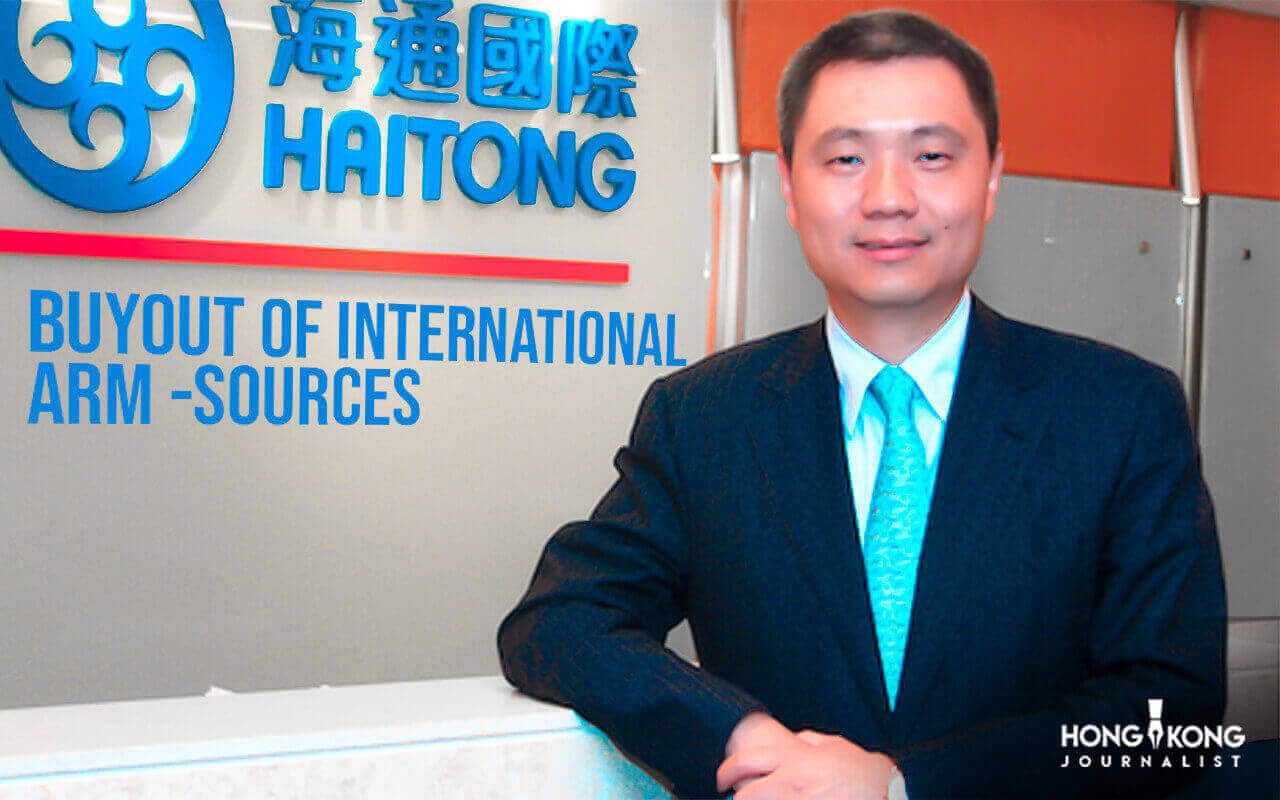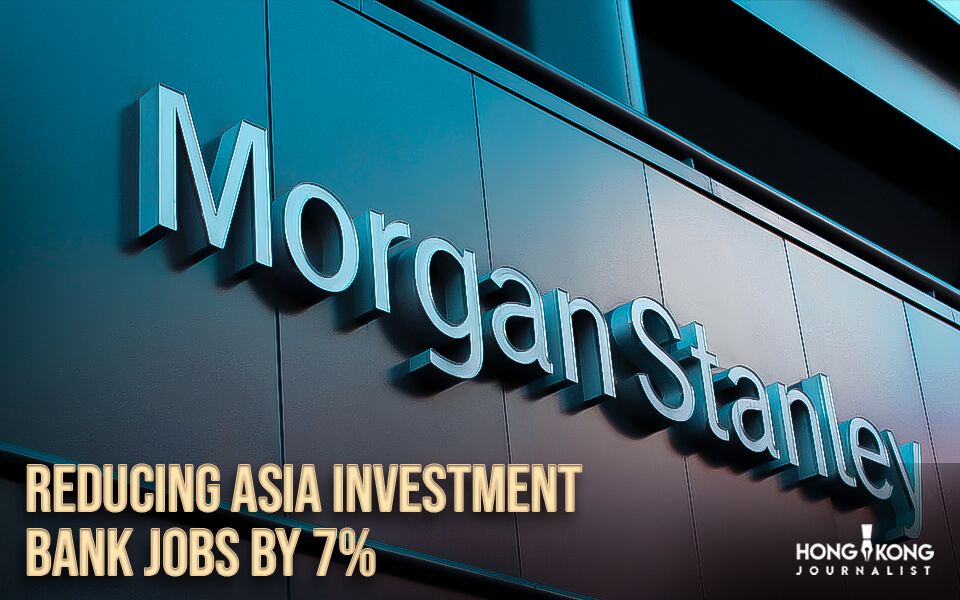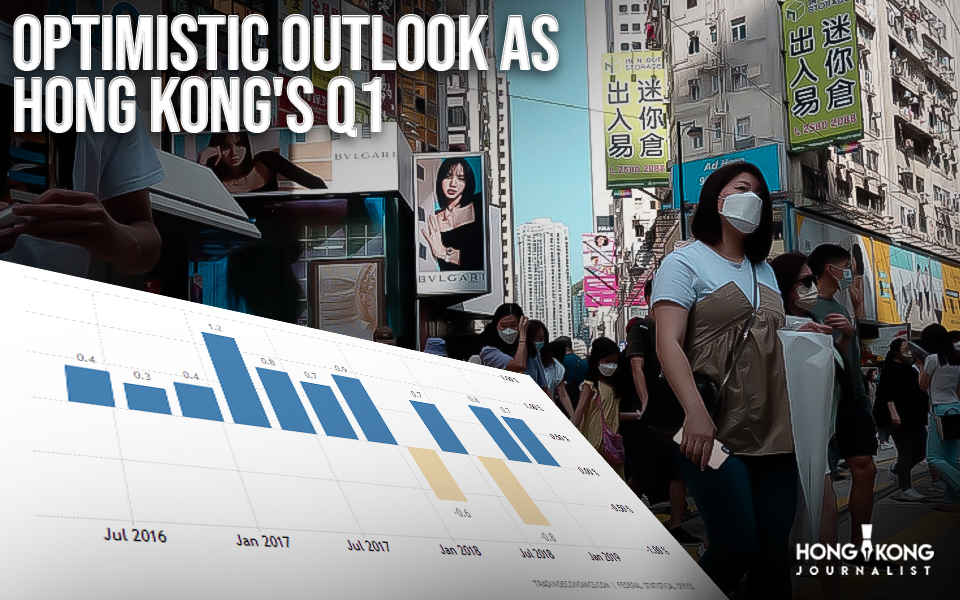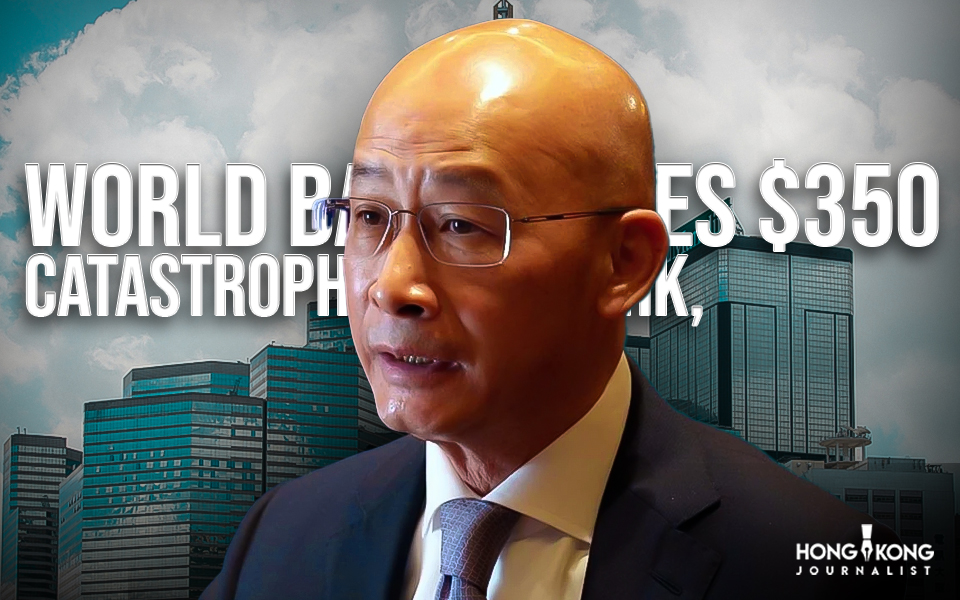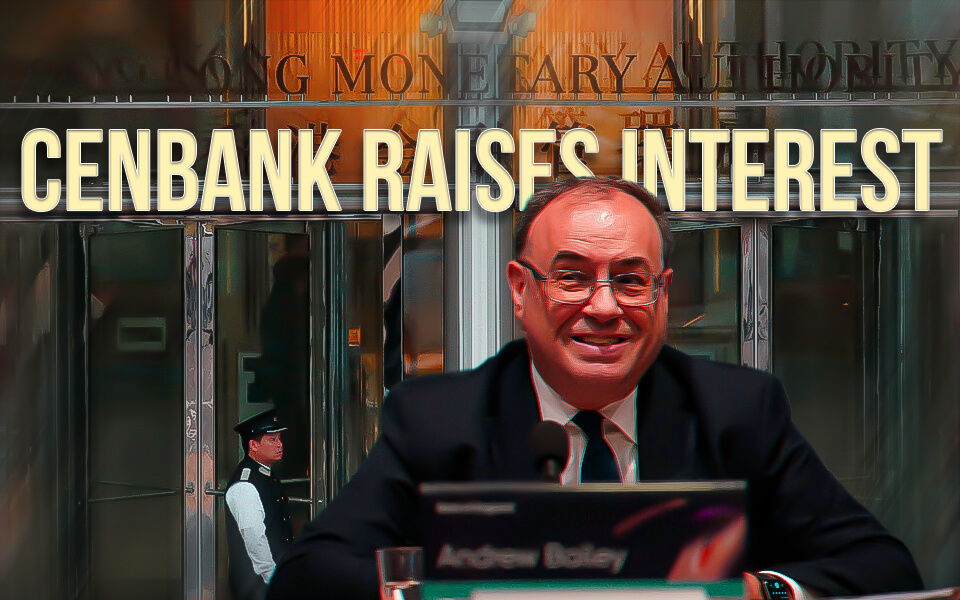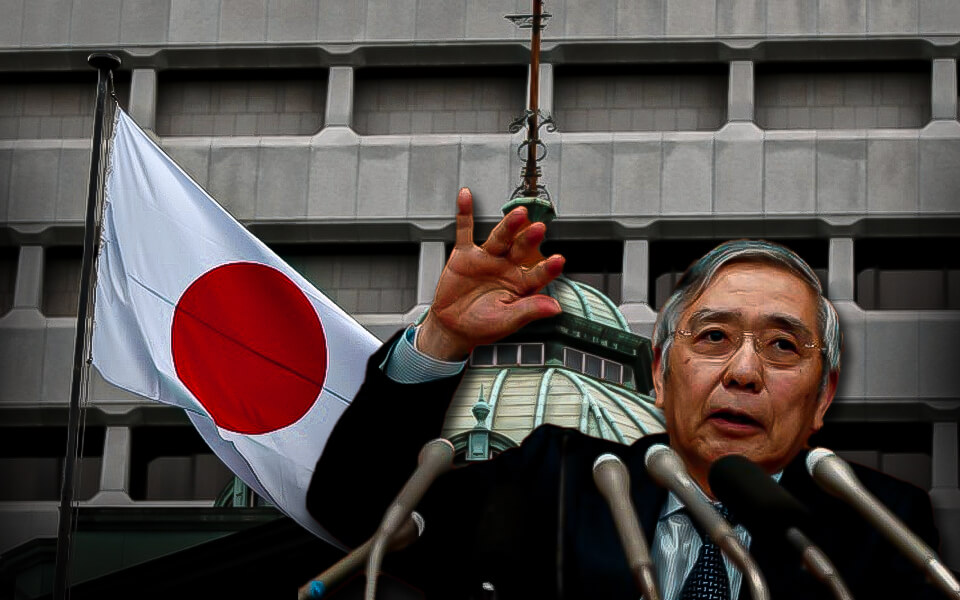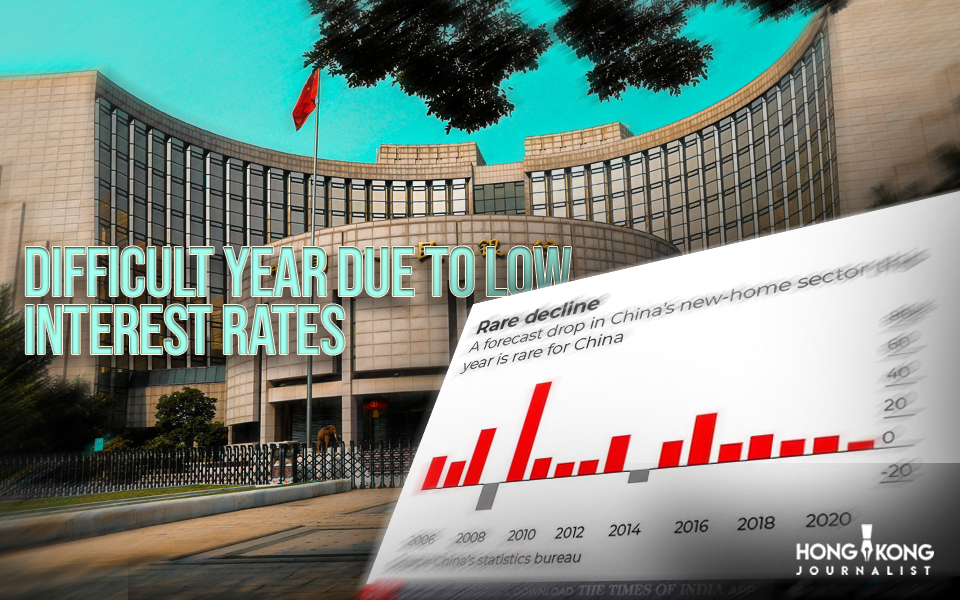
The Chinese banking sector may face a difficult year ahead due to the continuous fall of interest rates and as competition for good depositors deepens.
Executives cautioned against downward pressure, and analysts forecast a gloomy future for the industry.
Major banks reported falling net interest margins last week, a key indicator of revenue. For example, China Construction Bank reported a profit of 2.02 percent in 2022, the lowest since 2018.
The lender’s chief financial officer, Sheng Liurong, reported during a results briefing last Thursday that “The senior management are taking the decline of our net interest margin very seriously as they are being squeezed by a lower loan prime rate (LPR) and companies and households opting for long-term deposits under the current economic environment.”
“We believe that in the coming year, we will face some downward pressure on the net interest margin as the impact of lower LPR will continue to play out.”
Since last summer, China’s central bank has maintained the LPR low, with the one-year rate now at 3.65 percent and the five-year rate at 4.3 percent.
According to Fu Wanjun, head of the China Agriculture Bank, the entire banking industry is anticipated to suffer, with net interest margins projected to decline further in the first quarter of 2023. The total interest profit of the country’s third-largest lender by assets fell for five straight years to 1.9 percent in 2022.
Over the past year, interest margins at the Bank of Communications and Industrial and Commercial Bank of China (ICBC) have plummeted 8 basis points and 19 basis points, respectively.
According to Jefferies analysts in a March 30 survey, the overall interest margins of state-owned banks fell by a mean of 24 basis points year on year. The major cause is the reduced loan yields as a result of LPR reductions and weak credit demand.
Zhang Yi, vice president of Bank of China, stated on Friday during a results briefing, “We will focus on improving the structure of assets and liabilities and try to reduce the low-yield asset ratio to maintain a healthy and stable net interest margin.”
The Chinese housing problem is also making it difficult for banks to make a profit, as homebuying sentiment stays low and developers deal with cash shortages.
The liquidity crisis in the property industry “will still need time to recover,” per Lin Hua, chief risk officer at Bank of Communications. He warned that the standard of mortgage assets would continue to suffer.
Xu Tianchen, a China economist, said at the Economist Intelligence Unit that the housing market’s bearish prognosis predicts much slower growth, if not an outright decline, in new mortgage applications.
“Mortgage is perceived as one of the top-quality assets by banks,” he also added. “As a result, banks will need to find alternative quality assets to fill the gap.”
Wang Jingwu, the ICBC’s chief risk officer, stated that the bank was “impacted by property market adjustments last year,” as witnessed by a rising non-performing loan (NPL) ratio for mortgages. The non-performing ratio for real estate loans grew at big banks in 2022, as per data put together by Bloomberg.
“Banks will bear additional credit risks in the short term as they increase financing for the property sector,” Moody’s analysts mentioned in a note in March.
They said the prospects for China’s banking sector are negative due to decaying asset quality and profitability.
“Formation of new NPLs remains a risk to banks’ asset quality,” it said. “It will take time for retail and corporate borrowers to rebuild their ability to pay.”
Moody’s hopes the narrowing of net interest margins will decelerate in 2023, in addition to lower yields on business and residential loans, which will burden banks’ revenue.
“Lower deposit and funding costs will mitigate the impact of lower asset yields,” it said. “Credit cost is likely to stay high because of the risk of formation of new NPLs.”
During a results briefing last Thursday, Lin of the Bank of Communications stated that profits in the financial industry tend to fall behind the economic cycle.
“We expect earnings this year to be challenged by shrinking demand, supply shocks and weakening expectations.”
- Published By Team Hongkong Journalist




